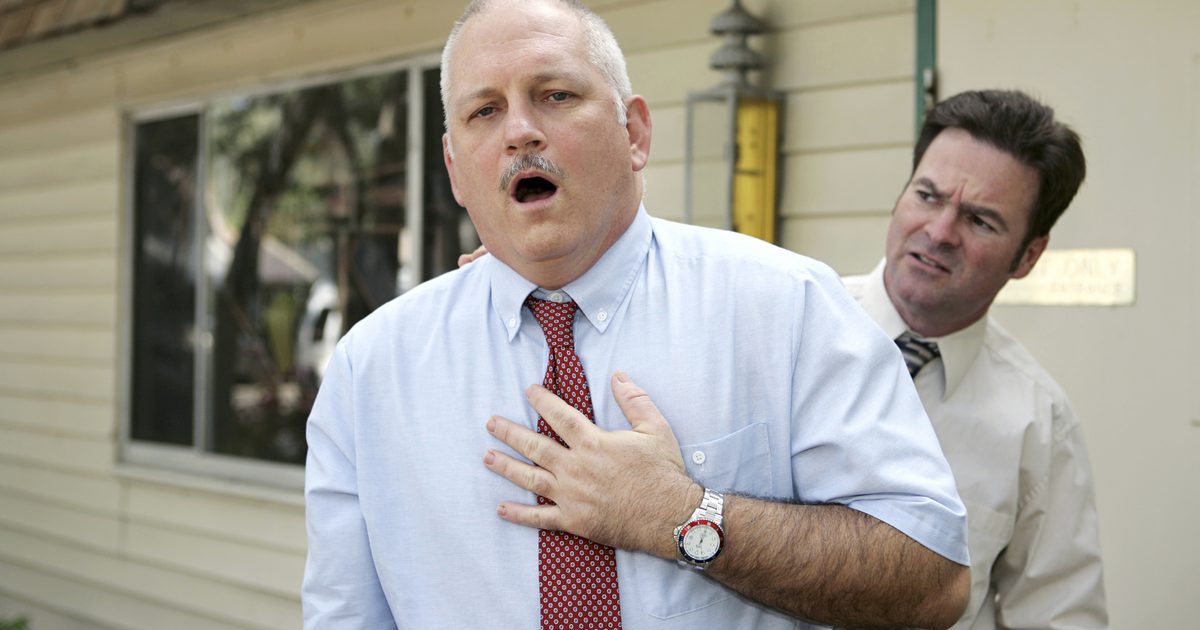Causes Of Heart Failure To Be Aware Of
Faulty Heart Valves

The heart has four valves, mitral, aortic, pulmonary, and tricuspid, that keep the blood flowing in the right direction. Each valve opens and closes each time the heart beats. In most cases of heart valve disease and failure, one or more of the valves won't open or close properly. Heart valve disease treatment is dependent on the severity of the valve disease or that faulty heart valves affected. Some patients with heart valve disease will require surgery to replace or repair the valves. Heart valve disease may be present at birth or develop over time in adults. Faulty heart valve problems may include stenosis, regurgitation, and atresia. Your risk of heart valve disease increases as you age, have a history of infections that affect the heart or have diabetes.
Keep going to understand more causes of heart failure now.
Arrhythmias

Heart arrhythmias or ventricular fibrillation occurs when the electrical impulses that coordinate heartbeats cause the heart to beat rapidly or too slow. While most heart arrhythmias are harmless, some can cause life-threatening symptoms. Noticeable symptoms include a racing heartbeat, fluttering in the chest, chest pain, shortness of breath, sweating, and fainting. Treatment for arrhythmias can control irregular heartbeats, but you can also reduce your risk by maintaining a healthy lifestyle. Ventricular fibrillation can be deadly as it can cut off the blood supply to your vital organs. Many things can cause or lead to ventricular fibrillation including scarring of heart tissue, blocked arteries, hypothyroidism, smoking, and alcohol abuse.
Continue to learn about a serious condition that can result in heart failure now.
